
LIVING TRULY
Living truly for health and happiness means making conscious, intentional choices, which includes maintaining your body's balance, both inside and out, allowing you to lead a fulfilling and balanced life.
Are you among the 94.2%* of adult Europeans who feels that they don’t maintain a healthy lifestyle? It’s time to change that and start thriving and living more vibrantly through a healthier, happier lifestyle.
Achieving a healthy lifestyle in today’s fast-paced world may seem daunting, but it's absolutely attainable. At Truly Collection, we believe in harnessing our body's natural abilities to foster lifelong health. It all starts with embracing your inner balance.
We can’t control everything about how we age, but we can do a lot to improve our health with the time we have. That’s the premise of Healthy Living, which is the foundational focus of The Truly Collection products.

Balance & Healthy Living
inner balance
A key to navigating the complexities of healthy living is by restoring our internal balance. Our bodies naturally strive to maintain homeostasis, a critical equilibrium that influences cellular health, stress and inflammation responses, immunity, and more.
Achieving and maintaining this balance is essential for optimal health and wellbeing, as any disruptions can lead to inefficiencies and imbalances that affect our overall health.
Living True
Watch Your Body Thrive from Within

Nourish Yourself
What you eat and drink has a
profound impact on your health. Nourishing your body with balanced, nutrient-rich foods and staying hydrated are crucial for a healthier lifestyle. From fresh fruits and vegetables to whole grains and proper hydration, making mindful choices can transform your health from the inside out. Learn to love nutritious foods and drinks, and watch your body thrive.

Live Clean
Reducing or eliminating exposure to harmful substances is vital for maintaining health. Smoking, excessive alcohol consumption, and environmental pollutants can undermine your wellbeing. Prioritise clean living by making conscious choices to avoid these substances, protecting your body and enhancing your quality of life.

Skincare Matters
Healthy skin is a reflection of your overall wellness. A proper skincare routine protects your skin from environmental damage and helps maintain a youthful appearance. Cleanse, moisturise, and protect your skin daily with products that suit your skin type. Embrace natural, nourishing ingredients that enhance your skin’s health, and glow with vitality at every age.

Keep Active
Regular physical activity is essential for maintaining good health. Whether it’s a daily walk, a vigorous workout, or yoga, staying active keeps your body in top shape. Exercise boosts your mood, strengthens your heart, and enhances overall wellbeing. Discover the joy of movement and make it a natural part of your daily routine.
Join Our Community
We’re here to support you on your journey to health and balance. Embrace your internal balance today and join the
growing number of individuals committed to living healthier, happier lives. Together, we can make a difference.

10 Benefits of Hydration
Your body needs water in order to digest food properly. Without enough, you may experience irregular bowel movements, gas, bloating, heartburn, and other discomforts that can impact your quality of life. When you make it a priority to stay hydrated, it can help get things moving in the right direction again. Water aids in breaking down soluble fibre from your diet to keep your digestion process on track. Mineral water is especially beneficial—look for products enriched with potassium and magnesium.
Since it provides a sense of fullness, water can help you feel satisfied in between meals—instead of heading to the snack cupboard. It can also help boost your metabolism.
Consider this:
- One study of women with excess weight found that drinking additional glasses of water before each meal resulted in substantial reductions in body weight, body mass index and body composition.
- According to another study, adults who upped their water intake by just 1% consumed fewer calories. They also reduced their overall intake of sugar, cholesterol, sodium and saturated fat.
- Another analysis found that increasing daily water intake, replacing calorific beverages with water, and drinking water before a meal all led to weight loss averaging 5%.
Even mild dehydration—as little as 2% fluid loss—can affect memory, mood, concentration and reaction time. Adding just a few glasses of water to your daily intake can have a positive effect on cognition, stabilise your emotions, and even combat feelings of anxiety. This is especially important for older adults who are at higher risk for both dehydration and impaired cognitive function.
Dehydration can slow down circulation and affect the flow of oxygen to your brain. A lack of fluids can also cause your heart to work harder to pump oxygen all throughout your body. All of that expended energy can make you feel tired, sluggish and less focused. When you stay hydrated, you’ll prevent dehydration and have more pep to get you through the day.
Did you know the cartilage in our joints contains approximately 80% water? Staying hydrated helps your joints stay well-lubricated, which helps reduce friction by creating more of a "cushion" between the bones. Less friction means smoother-moving joints and fewer aches and pains.
Research shows that when you're dehydrated, your body stores more heat. This in turn lowers your ability to tolerate hot temperatures. Hydrating with plenty of water helps you produce sweat when you're overheated during activity, which in turn cools your body down. This built-in cooling mechanism is critical in preventing heat stroke and other potentially deadly heat-related conditions.
Kidney stones are clumps of mineral crystals that form in the urinary tract. If you've ever experienced one, you know how painful they can be. Staying hydrated with plenty of water can help dilute the concentration of minerals in your urinary tract and make stones less likely. Water also helps flush harmful bacteria from your bladder and can aid in preventing urinary tract infections (UTIs).
Sufficient water intake supports your body’s natural detoxification systems, which remove waste and harmful substances through urination, breathing, perspiration, and bowel movements. Hydrating with plenty of water supports your own powerful, built-in detox processes and can help enhance your overall health.
Your blood is made up largely of H2O. When you don't drink enough glasses of water, it becomes concentrated, which can cause an imbalance of vital minerals (electrolytes). These minerals, like potassium and magnesium, are key to the proper functioning of your heart.
Even a mild fluid loss can cause the brain to contract away from the skull, leading to headaches and migraines in some people. Staying hydrated may help keep head pain in check
Nurture Your Health

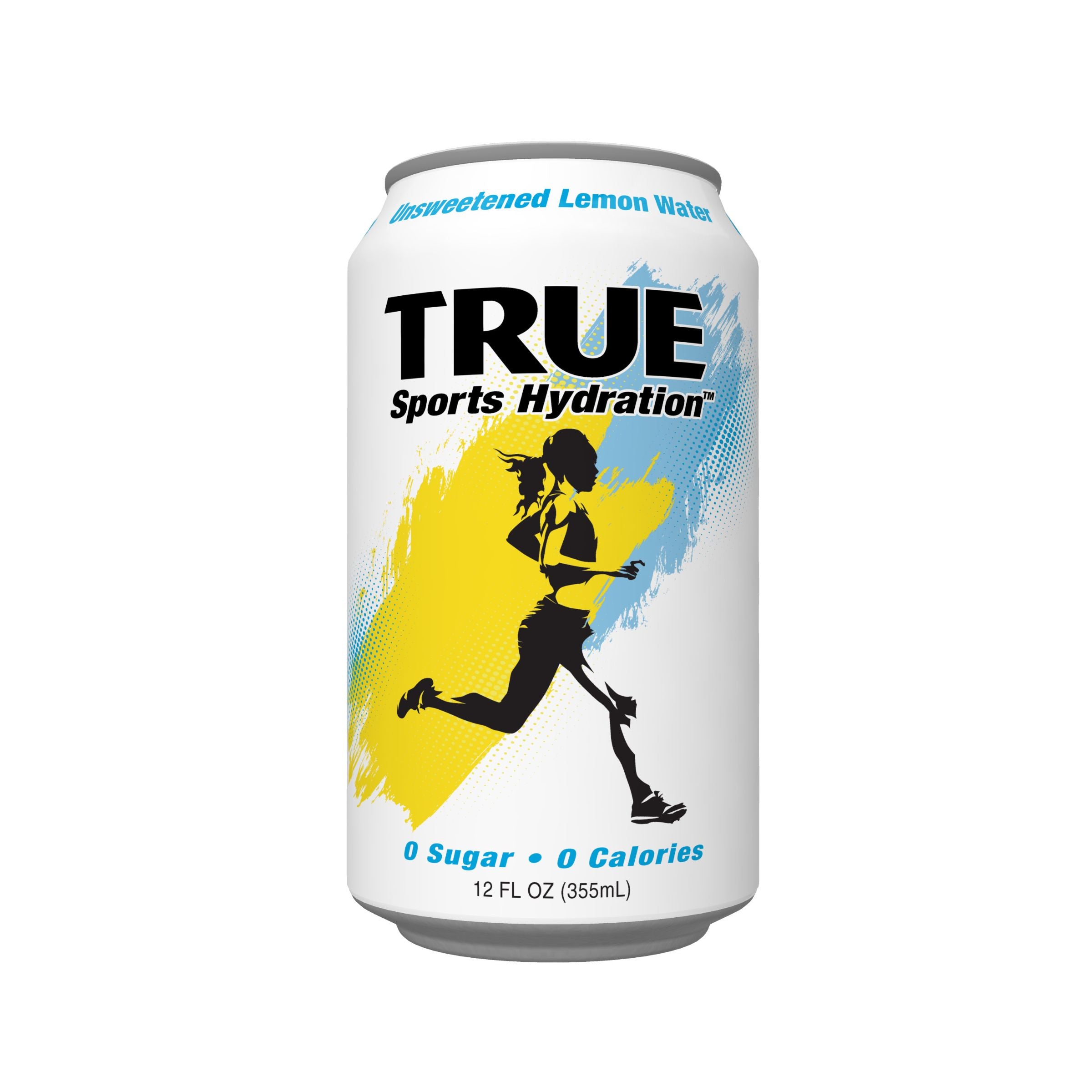
True Sports Still 12-Pack
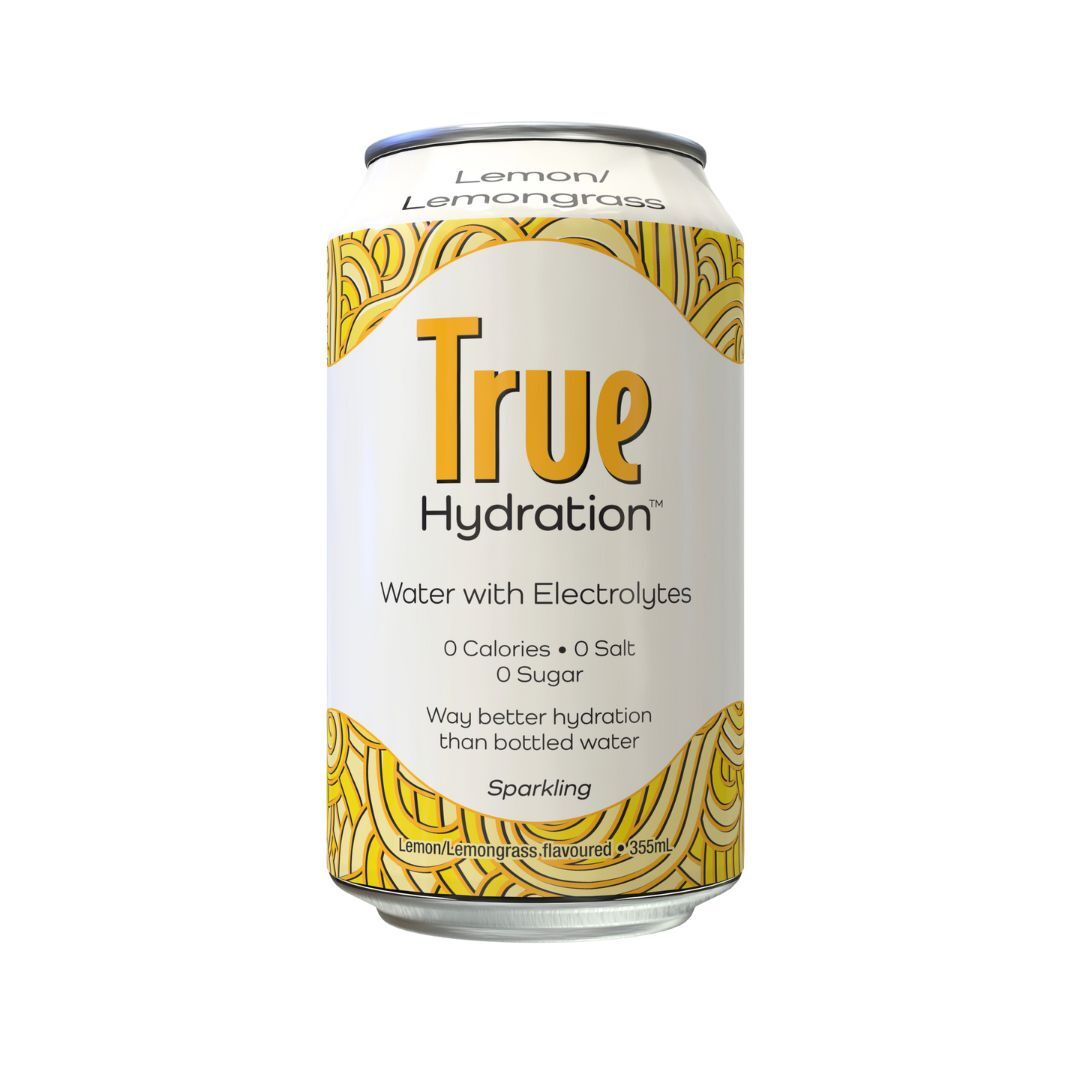
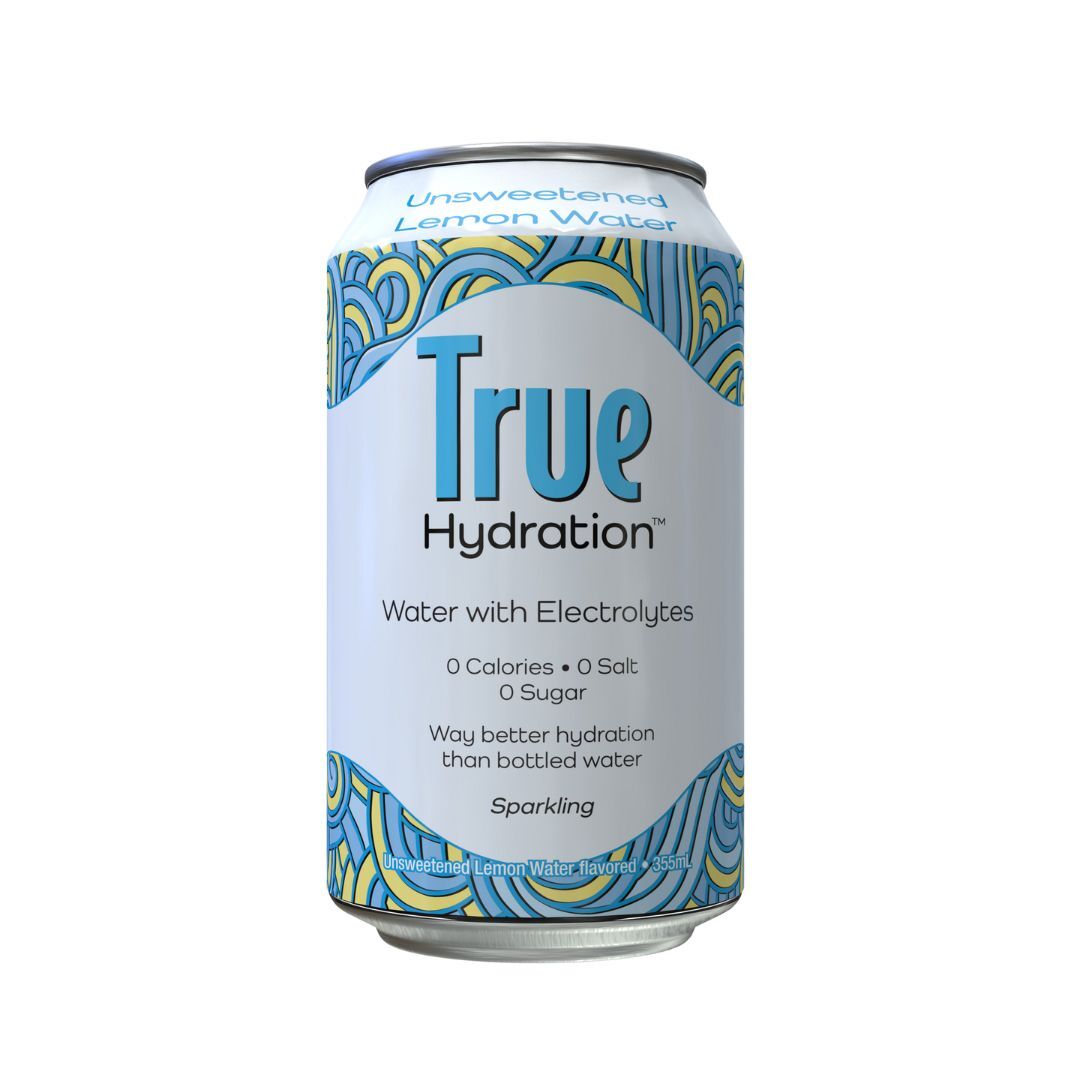
True Hydration Sparkling 12-Pack
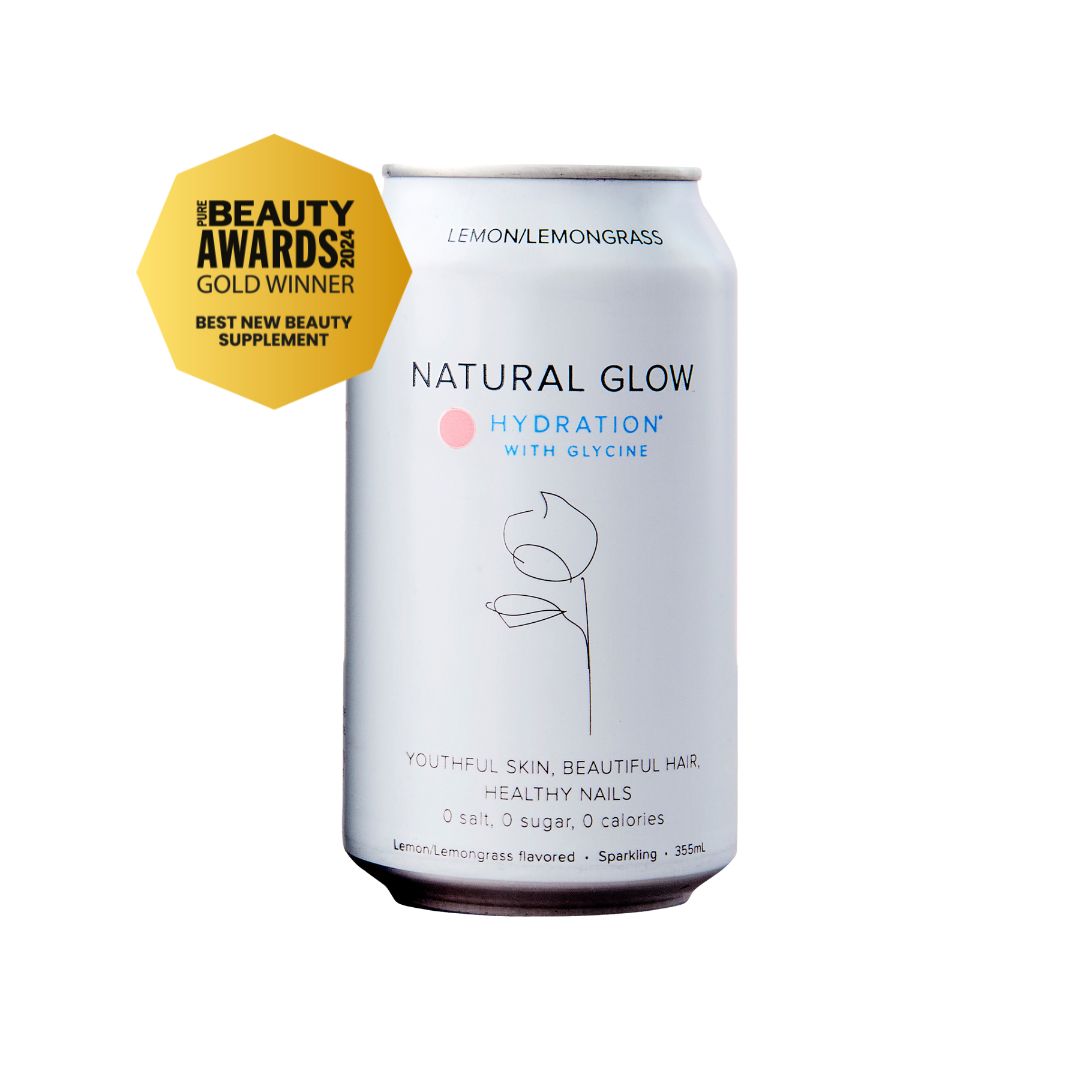
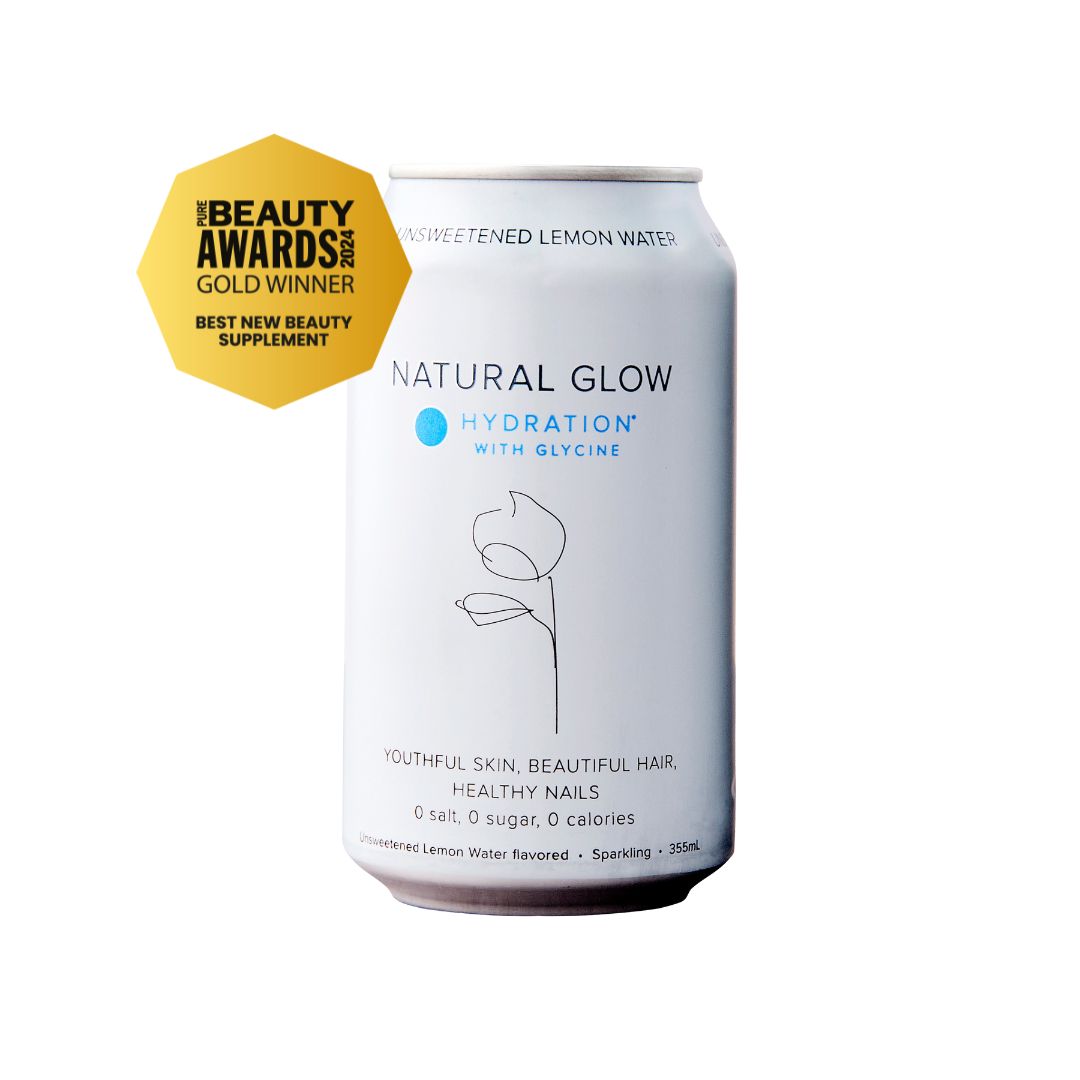
Natural Glow Sparkling 12-Pack

